
Madre de Pedro
Set amidst a backdrop of political unrest and oppression in Argentina following the coup of the late 1980s, this impressive drama dwells upon a May-December love affair between a boy and a woman suspected of political subversion. When seventeen-year-old Pedro defiantly befriends political fugitive Sofia and provides her shelter, he creates a deep rift between himself, his family and his friends. Sofia is hunted because she was at one time in love with a Communist sympathizer. At first the relationship is purely platonic as Pedro helps her recover from a 23-day long flight that has left Sofia weak and starving for sleep. But as time passes, Pedro becomes increasingly involved with her and his schoolwork begins to suffer. Gradually he falls in love with her and she with him. But as the political situation grows more oppressive and the government steps up its search for subversives, the two begin making desperate plans to flee the country.

The trial of a confessed serial killer focused on the alternative of finding him guilty and sending him to the electric chair, or declaring him unimpeachable and confining him in a psychiatric hospital.

Two communist lovers prepare to move to the Ukraine and work on a collective farm. Meanwhile, a celebrated pop singer visits their small town, and secrets are revealed.

Dora
The failure of Budiño Ramon, who plans first murder of his father and is recognized after unable to carry it out, is due largely to the general attitude of a society that tolerates no dramatic gestures. However, the inadequacies of radical class, beliefs, feelings, profession and memory also plays a leading role in the drama.
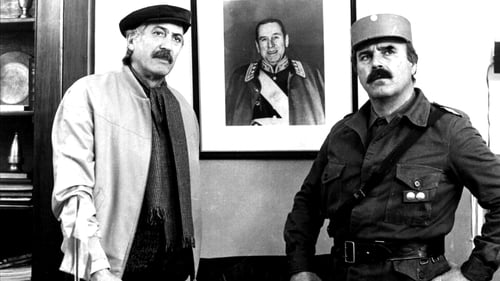
Felisa Fuentes
A small revolution breaks out in a small Argentine town, as one group of Peronists calls they newly elected peronist a communist. The newly elected official enlists the aid of allies ranging from the town drunk to young peronists to help hold his post. What follows is a slapstick war with a serious message.

Beatriz
An Argentine-executive of a multinational-returns to the country to close a factory. There he meets with his exgirlfriend and his best friend before the exile. The film presents an interpretation of the political and social situation in Argentina during the last years of the military government.

Three stories based on tales of the book by Manuel Mujica Lainez, ("El hambre", "La pulsera de cascabeles" y "El salón dorado".).) On scripts for the directors themselves and the collaboration of Ernesto Schoo.

History of encounters, romances, isolation, boredom and an overwhelming passion for a married woman, that fills a sadness and leaves her husband.
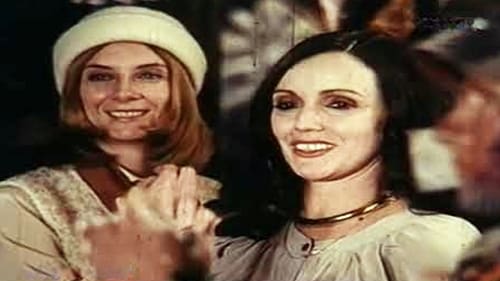
Mary
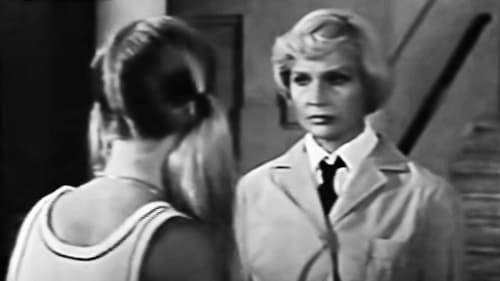
A portrait of frivolous youth. Unfortunate events force a group of club-hopping young men and women to face reality and reevaluate their lifestyle.

A young man enters an institute for the mentally ill and falls in love with a patient from whom he will distance himself after her rehabilitation.

A man becomes convinced that he is being persecuted by a conspiracy of blind people.
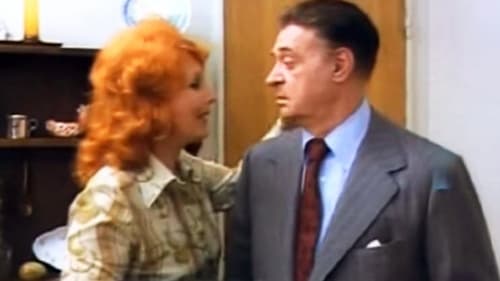
Documentary about Argentina's victory in the 1978 FIFA World Cup, held in that country and in which important personalities in world football and culture involved.

Ana

La marquesa
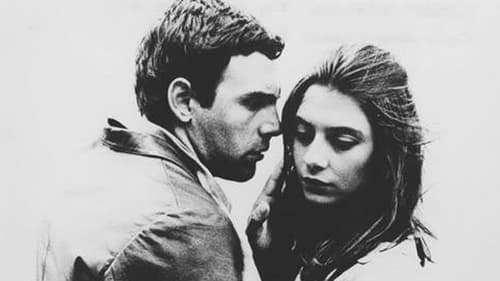
The frustrations felt by certain middle class youth in Argentina, under the presidency of Arturo Frondizi during the sixties.










